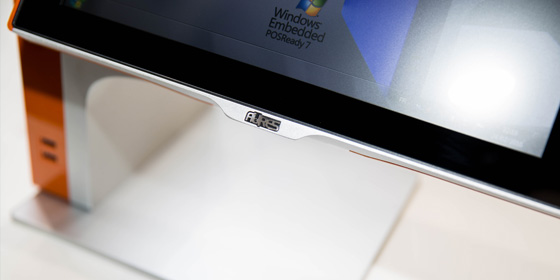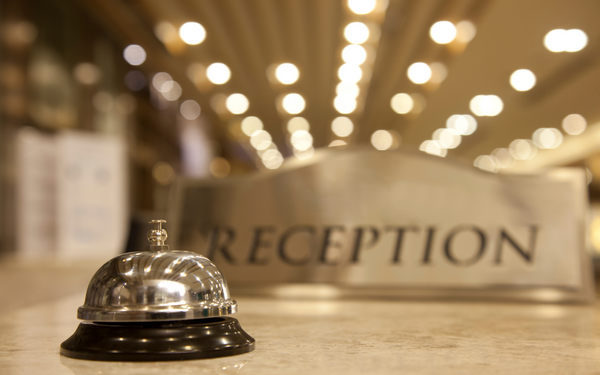Point of Sale (POS) is changing across all customer-facing industries. But arguably the most radical changes are being seen in the hotel sector.
Traditionally, the hotel reception has functioned much like a retail checkout or payment counter in a restaurant, cafe or bar. It’s the place where transactions take place face-to-face. The most important of these in a hotel being, of course, check-in and check-out, when guests receive the keys to their room and complete payment.
Increasingly, however, we’re seeing in-person check-in and check-out phased out in favour of a range of digital self check-in alternatives. It’s a win-win for both guests and hoteliers. Self check-in gives travellers the flexibility to arrive and get their keys whenever they like, and not have to worry about long queues at reception either.
For hotel operators, it means they don’t have to make the call about how many hours a day they staff the reception desk. And they can focus staffing resources elsewhere.
This raises the question of what role POS systems will continue to play in the accommodation sector. One suggestion is that the POS terminals used by reception staff will simply be replaced by self-service kiosks which will let guests go through the check-in process themselves on arrival.
Today’s travellers like to have the check-in process done and dusted digitally sometimes even before they arrive. They submit their paperwork, confirm their identities, make their payments, and in return get a code, either for their room itself or for a secure locker for their key.
Empowering staff with Mobile POS
We have to acknowledge at this point that check-in and check-out are not the only type of transactions that take place in a hotel. There might be an on-site restaurant, there might be a bar. There might be retail concessions, or the operator may organise or take bookings for trips and excursions. All of these carry an on-going need for POS solutions.
It’s also highly unlikely – not to mention undesirable – that the shift in check-in away from staffed reception desks to self-service will lead to hotels (or at least, not all hotels) becoming unstaffed, fully automated environments. People might no longer feel the need to wait for a concierge to check them in and hand them the keys to their room, but in other respects they like the attentive human touch.
While we’re undoubtedly seeing a shift towards digital automation in hotels, we can also see a parallel development in technology being deployed to enhance the role of staff and the levels of service they can provide. To this end, static POS terminals at reception are being replaced by mobile POS tablets.
The key thing about this is that all modern POS touchpoint, whether a fixed terminal, tablet or kiosk, is no longer set up to do a single job, such as process sales or administer check-in. POS hardware is nowadays a gateway to the integrated digital software systems on which all modern businesses run.
So put a mobile POS tablet in the hands of hotel staff, and they have access to the Property Management System (PMS), they have access to restaurant bookings and room-service orders, they can be set up to take payments for food, for drinks, for trips, for retail concessions. They can be connected to guest messaging platforms that provide an agile way of communicating with guests via their own mobile devices. And they can be set up to manage communications with housekeeping and maintenance teams.
Best of all, a mobile POS tablet is something staff can take with them everywhere they go. It empowers them to fulfil different roles flexibly as and where required, answer guests’ queries there and then, and stay connected at all times.
So check-in and check-out in hotels might be evolving towards self-service. But there is still plenty of scope for the personal touch to add value and enhance the guest experience. Particularly in its more flexible, mobile forms, POS still has a key role to play in supporting this.




